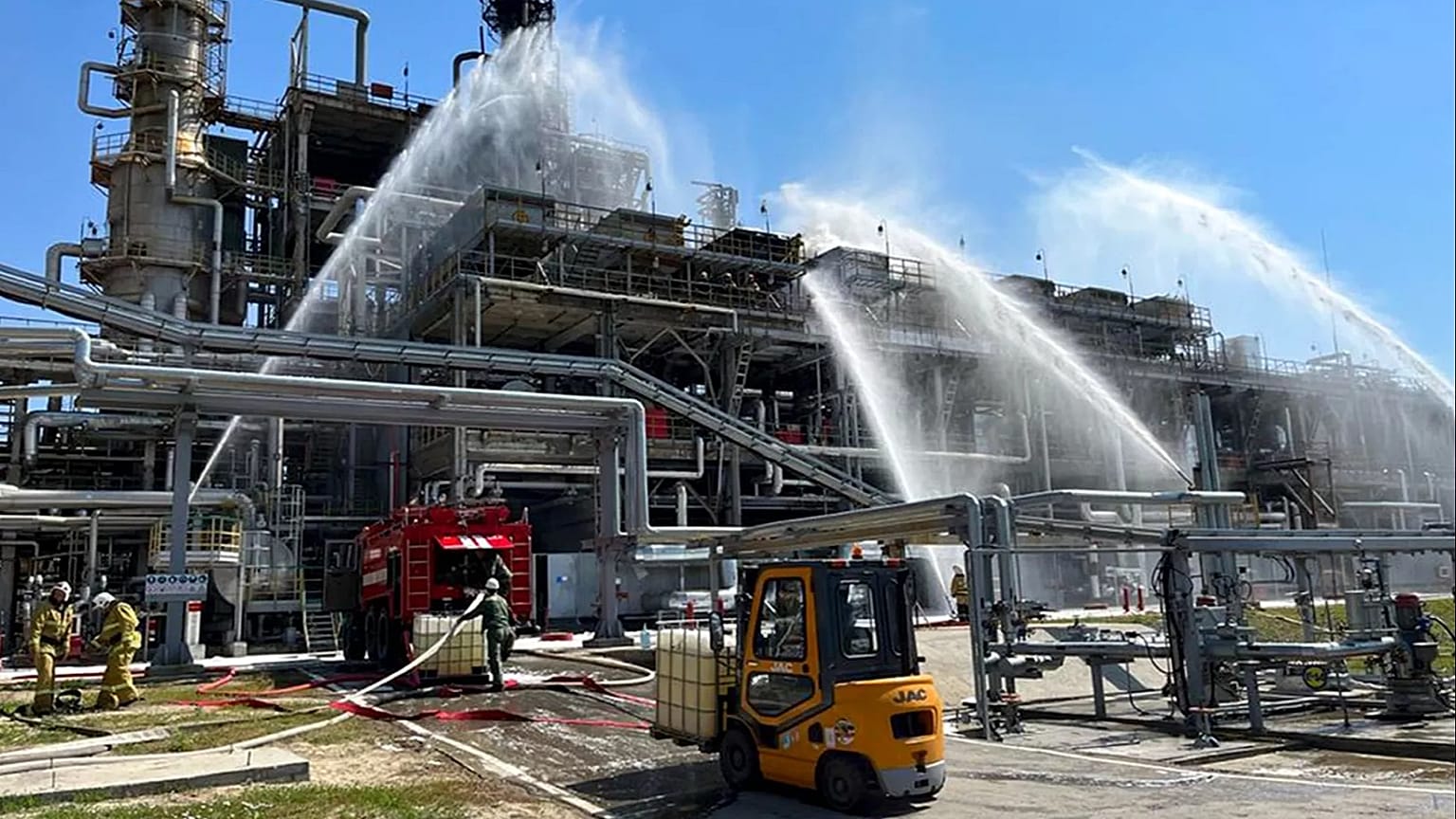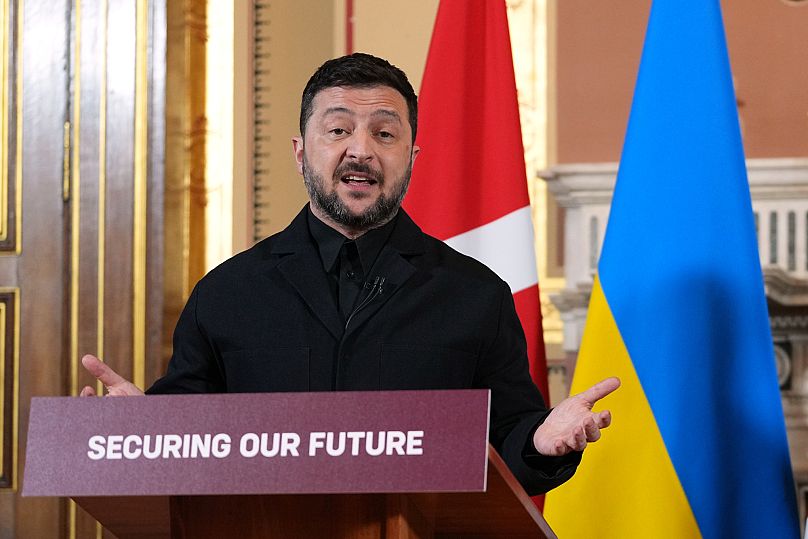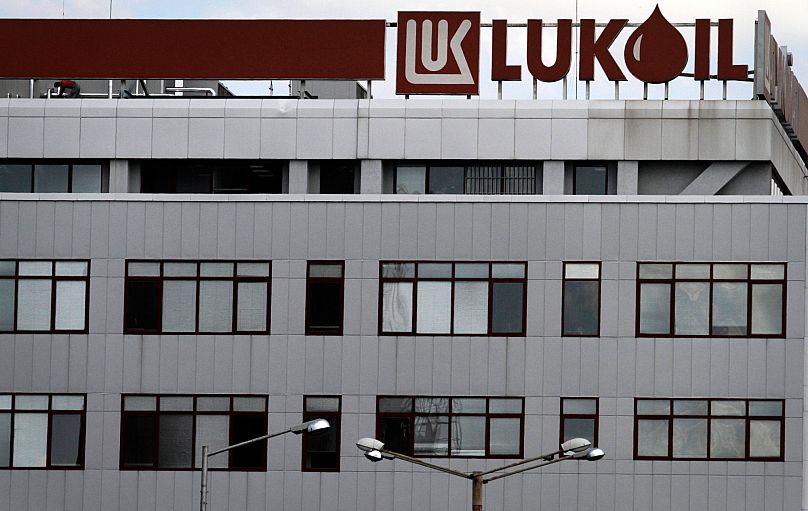Oil exports play a key role in funding Russia's invasion of Ukraine and new sanctions from the EU and US aim to cut into Moscow's oil and gas export earnings.
Ukraine's long-range strikes on refineries inside Russia have reduced Moscow's oil refining capacity by 20%, Ukrainian President Volodymyr Zelenskyy said, citing intelligence from Western governments.
Over 90% of those deep strikes on Russian soil were carried out by long-range weapons made in Ukraine, according to Zelenskyy.
He said Ukraine needs additional foreign financial help to produce more of them.
"We just need to work on this every day," he said in comments to the media on Monday that were embargoed until Tuesday.
Oil exports play a key role in funding Russia's full-scale invasion of Ukraine and new sanctions from the European Union and the United States are aiming to cut into Moscow’s oil and gas export earnings.
Despite renewed US-led peace efforts, the war shows no signs of ending after almost four years.
With the Kremlin showing no willingness to compromise, US President Donald Trump raised the stakes by announcing sanctions last week against Russian oil giants Rosneft and Lukoil.
Those sanctions are due to come into force on 21 November and Zelenskyy says Trump "probably will use this as a tool of pressure or dialogue with the Russians."
China and India are the biggest customers for Russian oil. Zelenskyy said India “has definitely given all the signals that it will reduce imports of energy resources" from Russia.
He said he is hopeful that Trump’s planned meeting with his Chinese counterpart Xi Jinping in South Korea on Thursday will bring further reductions in purchases of Russian crude.
Selling international assets
Meanwhile, Lukoil says it is selling its international assets in response to sanctions imposed by Trump last week that aim to push Russia to agree to a ceasefire.
The company said in a statement that it was already talking with potential purchasers. The transactions would be carried out under a sanctions grace period that allows transactions with Lukoil until 21 November and the company said it would seek an extension if necessary to complete the transactions.
Lukoil has stakes in oil and gas projects in 11 countries. It has refineries in Bulgaria and Romania and a 45% stake in a refinery in the Netherlands.
Trump's sanctions package make it difficult for Lukoil and Rosneft to do business outside of Russia.
In addition to barring US businesses from dealing with the two companies, the sanctions carry the threat of secondary sanctions on foreign banks that handle their transactions.
That means any bank that wants to maintain contact with the dominant US financial system will think twice about doing business with them.
Rosneft has a stake in a refinery in Schwedt, Germany, but the German government has taken custody of the stake and the facility no longer sends revenue to the parent company.


















